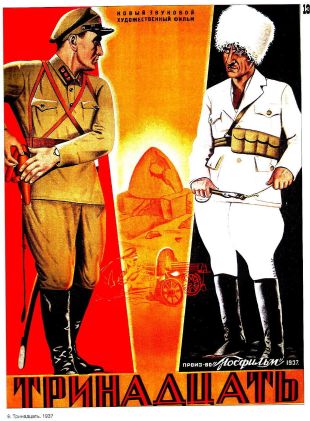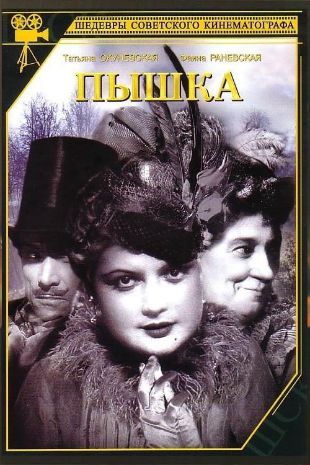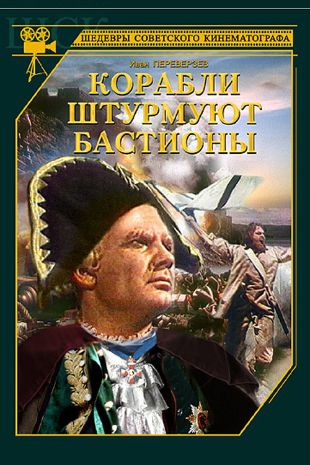Russian filmmaker Mikhail Romm earned an international reputation for excellence during the '30s through the late '40s. A native of Irkutsk, he originally studied sculpture. Later he pursued studies in drama and literature, an interest he used when he worked as a translator and a journalist. In 1932, Romm turned to screenwriting and was an assistant director for Alexander Macheret on Dela i Lyudi. Romm made his directorial debut in 1934 with a silent adaptation of Maupassant's classic Boule de Suif (Pyshka). It was the first film to be made entirely on Russian filmstock and is considered one of the best interpretations of Maupassant's work. In 1937, Romm made an epic homage to Vladimir Lenin's life at the request of Joseph Stalin. In accordance with Stalin's demands, Romm dramatically expanded the leader's role in the October Revolution; at Stalin's insistence, Romm had to justify the mass execution of the deposed Bolshevist leaders and their staffs by making it appear as if they were all enemies of the people. Though made in only 14 days, Lenin in October furthered his international reputation as did the sequel Lenin in 1918 which he also directed. By the late '40s though, Romm succumbed to increasing government pressure to make propagandistic films and his reputation waned. Interestingly, after Stalin's death and the deglamorization of the late leader's image, Romm personally re-edited his Lenin epics of the '30s, removing all mention of Stalin. In the early '60s, Romm returned to the international scene with a provocative look at the dangers of radiation in Devyat Dnyey Odnogo Goda (Nine Days of One Year). In addition to filmmaking, Romm has also served as professor at the Cinema Institute in Moscow.
Mikhail Romm
Active - 1934 - 1965 |
Born - Jan 24, 1901 |
Died - Jan 1, 1971 |
Genres - Drama, Historical Film, War
Share on


